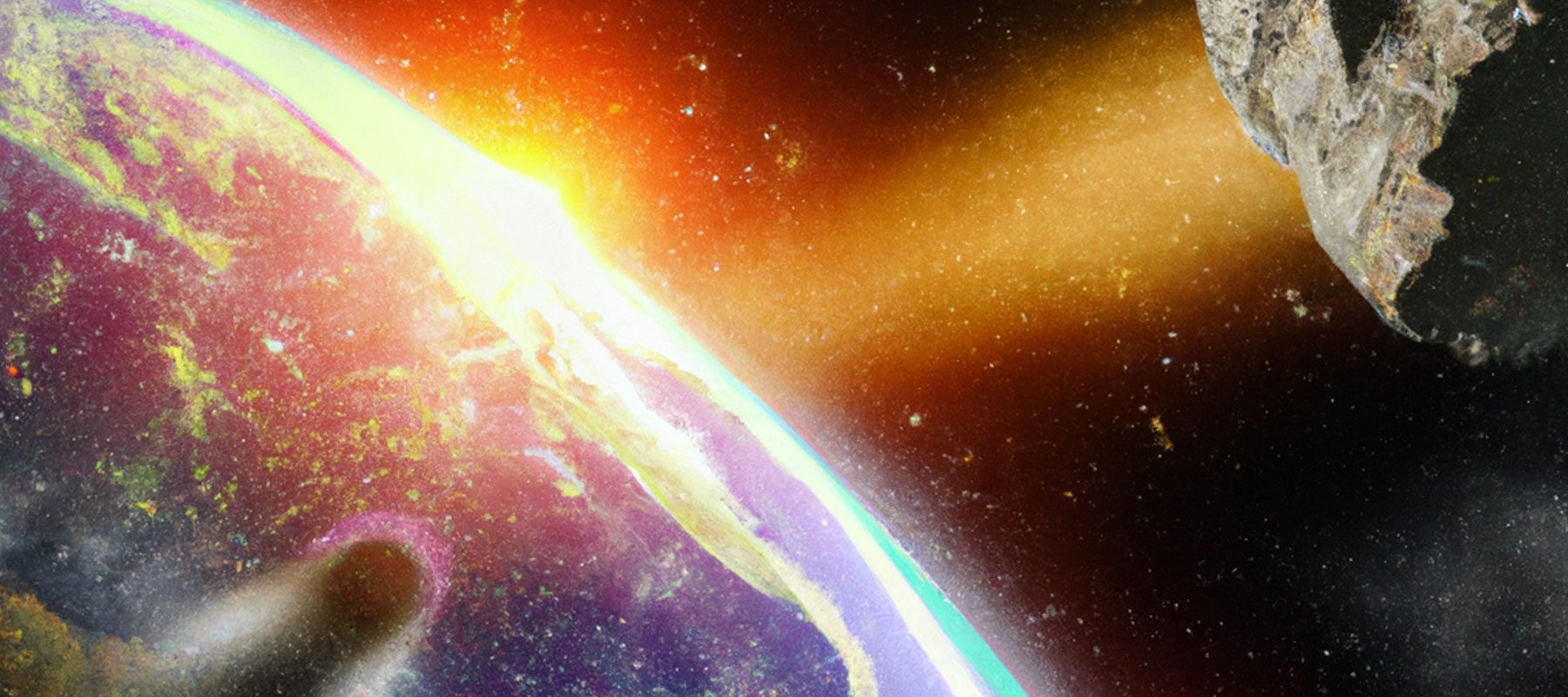Planetary Defense and Near-Earth Objects

This NSS ISDC session will bring together various branches of government, space agencies, and other international organizations to discuss comprehensive solutions in all areas of detecting, monitoring, understanding, predicting, preparing, and mitigating Near-Earth objects, including a multidisciplinary approach addressing recent developments in planetary defense. We accept papers on sample return missions on NEO properties and the analysis of small bodies’ material, including data on the mineralogy and thermomechanical properties of such bodies obtained through missions like OSIRIS-REx and Hayabusa2. Additionally, current and upcoming missions, including the first deflection test with DART, such as revised numerical modeling and physical characteristics of Didymos and Dimorphos, are also welcome. The multidisciplinary and synergetic approach will cover the impact hazard posed to space assets by micrometeoroids or human-made debris that can help drive technological advancements. The session will also cover various areas that inform the future of planetary defense, such as methods for the prevention of impactful events, preparations for the worst-case scenario mitigation campaigns, and factors entailed in decision-making, communication, education, legal considerations, and other transdisciplinary research that could help make better decisions and prevent any threat posed by an asteroid or comet.

Chair:
Nancy C. Wolfson
President
Disrupting Space

Chair:
Nancy C. Wolfson
President
Disrupting Space
Nancy C. Wolfson is a Washington, D.C., US-based scholar, lecturer, and researcher. Nancy is a published author with over 18 years of professional managerial experience. President of Disrupting Space, a company dedicated to analog and risk management space-related research and developing international partnership opportunities for various space activities. Nancy focuses on space exploration, sustainability, and planetary defense research and education. Nancy was elected Vice-Chair of the International Astronautical Federation’s (IAF) Planetary Defense (PD) and Near-Earth Objects (NEOs) Technical Committee 2019-2021. Nancy is currently the Vice-Chair of the IAF Risk Management Committee, where she focuses on research for space and defense activities to identify and mitigate potential threats and exploit opportunities to support decision-makers. Nancy founded the first IAF Planetary Defense and Near-Earth Object Symposium (E10), innovating this initiative by uniting the topics of NEO-Space Debris in a Joint Session, receiving the support of 30 members of two IAF committees, the IAF bureau and the larger Planetary Defense-NEO community. Nancy’s current research is in the areas of planetary defense, asteroid missions, multiple applications, and lessons learned from COVID-19. Nancy advocates for increasing space agencies, young professional and citizen scientist-amateurs astronomer’s involvement in planetary defense. Nancy is acting as an Expert-Judge for the Unistellar-SETI “Nickname and Asteroid” Program; she provides formal recommendations to the International Astronomical Union (IAU) regarding newly discovered asteroids such as NEA 1999 AP10. She is a signatory to United Nations Asteroid Declaration-100X for Asteroid Day, to mention some.
Nancy is an active member of the America Institute of Aeronautics and Astronautics (AIAA) Society and Aerospace Technology; her role within the organization is to increase planetary defense and NEO content, launching Special Sessions online with AIAA-LA and acting as a Session Chair for SciTech and ASCEND. Nancy was recently elected Chair of the IAF Space Entrepreneurship and Investment Committee (IAF-SEIC), where she focuses on space sustainability, space resources utilization, public and private partnerships for manned and unmanned missions, and providing proposals to foster the diversification of the space economy-budgets for various sectors of the space industry, in this topic she is conducting a research on the UN-ITU for space resources utilization in collaboration with representatives from multiple space agencies. Wolfson’s objective is to democratize access to higher learning, making space concepts accessible to all academia, corporations, and the general public.
